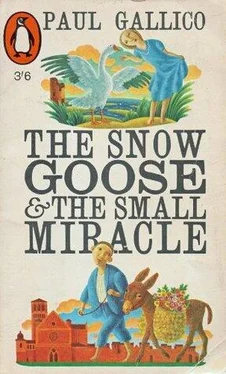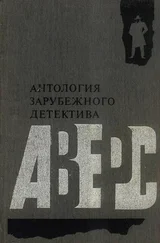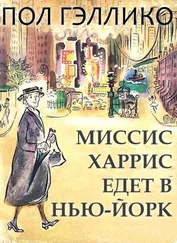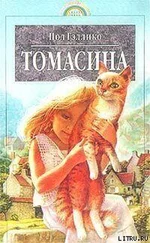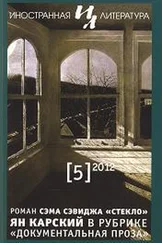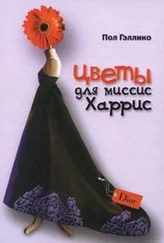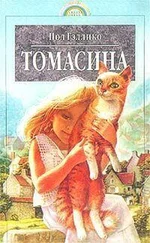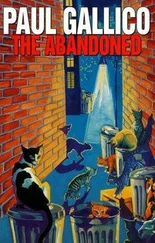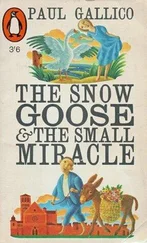‘Philip! Must ’ee go? You’ll not come back. Why must it be ’ee?’
The fever seemed to have gone from Rhayader’s soul with the first rush of words, and he explained it to her in terms that she could understand.
He said: ‘Men are huddled on the beaches like hunted birds, Frith, like the wounded and hunted birds we used to find and bring to sanctuary. Over them fly the steel peregrines, hawks, and gyrfalcons, and they have no shelter from these iron birds of prey. They are lost and storm-driven and harried, like the Princesse Perdue you found and brought to me out of the marshes many years ago, and we healed her. They need help, my dear, as our wild creatures have needed help, and that is why I must go. It is something that I can do. Yes, I can. For once – for once I can be a man and play my part.’
Frith stared at Rhayader. He had changed so. For the first time she saw that he was no longer ugly or mis-shapen or grotesque, but very beautiful. Things were turmoiling in her own soul, crying to be said, and she did not know how to say them.
‘I’ll come with ’ee! Philip.’
Rhayader shook his head. ‘Your place in the boat would cause a soldier to be left behind, and another, and another. I must go alone.’
He donned rubber coat and boots and took to his boat. He waved and called back: ‘Good-bye! Will you look after the birds until I return, Frith?’
Frith’s hand came up, but only half, to wave too. ‘God speed you,’ she said, but gave it the Saxon turn. ‘I will take care of t’ birds. God-speed, Philip.’
It was night now, bright with moon fragment and stars and northern glow. Frith stood on the sea wall and watched the sail gliding down the swollen estuary. Suddenly from the darkness behind her there came a rush of wings, and something swept past her into the air. In the night light she saw the flash of white wings, black-tipped, and the thrust-forward head of the snow goose.
It rose and cruised over the lighthouse once and then headed down the winding creek where Rhayader’s sail was slanting in the gaining breeze, and flew above him in slow, wide circles.
White sail and white bird were visible for a long time.
‘Watch o’er him. Watch o’er him,’ Frith whispered. When they were both out of sight at last, she turned and walked slowly, with bent head, back to the empty lighthouse.
Now the story becomes fragmentary, and one of these fragments is in the words of the men on leave who told it in the public room of the Crown and Arrow, an East Chapel pub.
‘A goose, a bloomin’ goose, so ’elp me,’ said Private Potton, of His Majesty’s London Rifles.
‘Garn,’ said a bandy-legged artilleryman.
‘A goose it was. Jock, ’ere, seed it same as me. It come flyin’ down outa the muck an’ stink an’ smoke of Dunkirk that was over’ead. It was white, wiv black on its wings, an’ it circles us like a bloomin’ dive bomber. Jock, ’ere, ’e sez: “We’re done for. It’s the hangel of death a-come for us.”
‘ “Garn,” Hi sez, “it’s a ruddy goose, come over from ’ome wiv a message from Churchill, an’ ’ow are we henjoying the bloomin’ bathing. It’s a omen, that’s what it is, a bloody omen. We’ll get out of this yet, me lad.”
‘We was roostin’ on the beach between Dunkirk an’ Lapanny, like a lot o’ bloomin’ pigeons on Victoria Hembankment, waitin’ for Jerry to pot us. ’E potted us good too. ’E was be’ind us an’ flankin’ us an’ above us. ’E give us shrapnel and ’e give us H.E., an’ ’e peppers us from the bloomin’ hatmosphere with Jittersmiths.
‘An’ offshore is the Kentish Maid , a ruddy hexcursion scow wot Hi’ve taken many a trip on out of Margate in the summer, for two-and-six, waiting to take us off, ’arf a mile out from the bloomin’ shallows.
‘While we are lyin’ there on the beach, done in an’ cursin’ becos there ain’t no way to get out to the boat, a Stuka dives on ’er, an’ ’is bombs drop alongside of ’er, throwin’ up water like the bloomin’ fountains in the palace gardens; a reg’lar display it was.
‘Then a destroyer come up an’ says: “No, ye don’t” to the Stuka with ack-acks and pom-poms, but another Jerry dives on the destroyer, an’ ’its ’er. Coo, did she go up! She burned before she sunk, an’ the smoke an’ the stink come driftin’ inshore, all yellow an’ black, an’ out of it comes this bloomin’ goose, a-circlin’ around us trapped on the beach.
‘An’ then around a bend ’e comes in a bloody little sailboat, sailing along as cool as you please, like a bloomin’ toff out for a pleasure spin on a Sunday hafternoon at ’Enley.’
‘ ’Oo comes?’ inquired a civilian.
‘ ’Im! ’Im that saved a lot of us. ’E sailed clean through a boil of machine-gun bullets from a Jerry in a Jittersmith wot was strafin’ – a Ramsgate motor-boat wot ’ad tried to take us off ’ad been sunk there ’arf an hour ago – the water was all frothin’ with shell splashes an’ bullets, but ’e didn’t give it no mind, ’e didn’t. ’E didn’t ’ave no petrol to burn or hexplode, an’ he sailed in between the shells.

‘Into the shallows ’e come out of the black smoke of the burnin’ destroyer, a little dark man wiv a beard, a bloomin’ claw for a ’and, an’ a ’ump on ’is back.
‘ ’E ’ad a rope in ’is teeth that was shinin’ white out of ’is black beard, ’is good ’and on the tiller an’ the crooked one beckonin’ to us to come. An’ over’ead, around and around, flied the ruddy goose.
‘Jock, ’ere, says: “Lawk, it’s all over now. It’s the bloody devil come for us ’imself. Hi must ’ave been struck an’ don’t know it.”
‘ “Garn,” I sez, “it’s more like the good Lord, ’e looks to me, than any bloomin’ devil.” ’E did, too, like the pictures from the Sunday-school books, wiv ’is white face and dark eyes an’ beard an’ all, and ’is bloomin’ boat.
‘ “Hi can taken seven at a time,” ’e sings out when ’e’s in close.
‘Our horfficer shouts: “Good man! …You seven nearest, get in.”
‘We waded out to where ’e was. Hi was that weary Hi couldn’t climb over the side, but ’e takes me by the collar of me tunic an’ pulls, wiv a “In ye go, lad. Come on. Next man.”
‘An’ in Hi went. Coo, ’e was strong, ’e was. Then ’e sets ’is sail, part of wot looks like a bloomin’ sieve from machine-gun bullets, shouts: “Keep down in the bottom of the boat, boys, in case we meet any of yer friends,” and we’re off, ’im sittin’ in the stern wiv ’is rope in ’is teeth, another in ’is crooked claw, an’ ’is right ’and on the tiller, a-steerin’ an’ sailin’ through the spray of the shells thrown by a land battery somewhere back of the coast. An’ the bloomin’ goose is flyin’ around and around, ’onking above the wind and the row Jerry was makin’, like a bloomin’ Morris on Winchester by-pass.
‘ “Hi told you yon goose was a omen,” Hi sez to Jock. “Look at ’im there, a bloomin’ hangel of mercy,”
‘’Im at the tiller just looks up at the goose, wiv the rope in ’is teeth, an’ grins at ’er like ’e knows ’er a lifetime.
‘ ’E brung us out to the Kentish Maid and turns around and goes back for another load. ’E made trips all afternoon an’ all night, too, because the bloody light of Dunkirk burning was bright enough to see by. Hi don’t know ’ow many trips ’e made, but ’im an’ a nobby Thames Yacht Club motorboat an’ a big lifeboat from Poole that come along brought off all there was of us on that particular stretch of hell, without the loss of a man.
Читать дальше
